We grew up writing and rewriting copy, in David Ogilvy style, with his seventeen drafts regime. We were told never to use words like 'That's not all', or 'What's more' to link sentences. Not even in brochure copy. Because that was a lazy way out. We were told that body copy should flow from the headline, linked syntactically and conceptually so it flowed better, with the last line looping back to the headline. We were told to use tactile words, like 'bristle'.
And we studied the work of masters of writing, legends such as David Abbot, Tony Brignull and Tom Thomas among others. In one ad, Abbot had used 'on the contrary' as a paragraph. I spent many days trying to mimic that, and when I was able to, I was so thrilled I drowned that immediately in a few beers.
But not many care for the language or the crafting part of it these days it would seem from what you can see in the newspapers. One could live with laziness, blaming it on the era of smartphones (people still read on their smart devices, don't they?) and short attention span, but what is irking is the total lack of respect for the language (it goes for any language incidentally, not just English) evidenced by headlines such as 'Path your way to success'. Since when is path a verb? You can beat a path, carve a path, create a path but you can't just 'path'. Here are some more examples that I'm sure will irk you too:
Irregardless. It's not a word. It's like saying 'unirrelevant'. It's regardless.
Should of. If you are writing that instead of 'should have', you need to go back to school. Like now.
It's vs its. Its is possessive as in 'the metal has lost its sheen'. It's is a contracted form of 'It is'. If in doubt, use the expanded version, it'll be clearer. Whenever it is sounds wrong, it's quite likely its, if you know what I mean. There are a few good sites that can clear your doubts such as grammar girl. I keep 'Elements of Style' recommended by Stephen King and Fowler's Modern English Usage recommended by my former boss many years ago. You could try these methods if you're between it's and its or discrete and discreet.

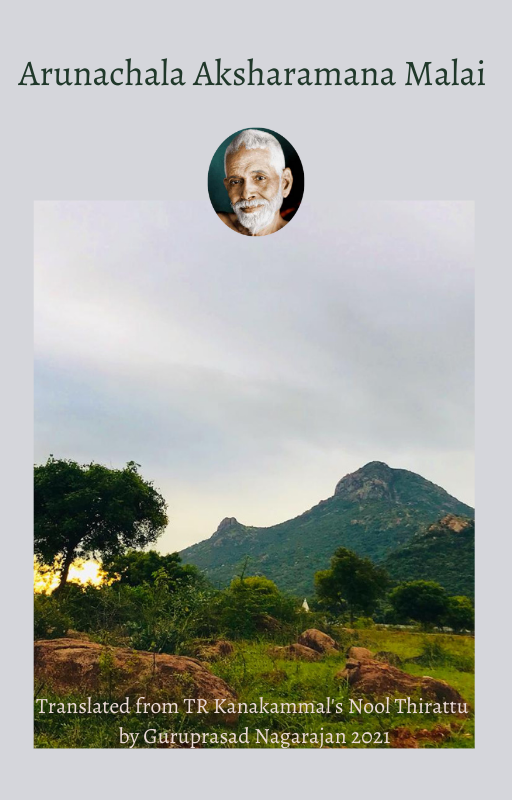
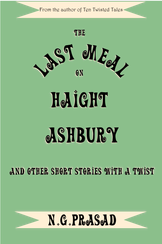
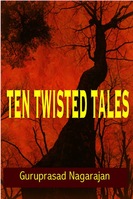
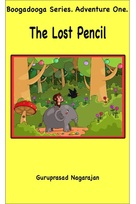
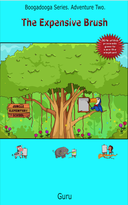
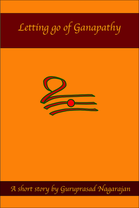
 RSS Feed
RSS Feed




















